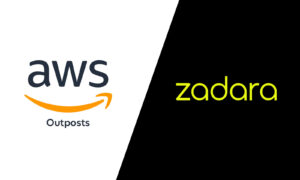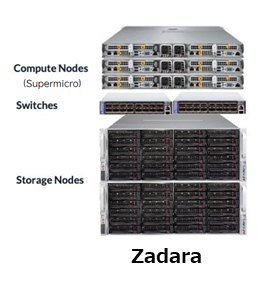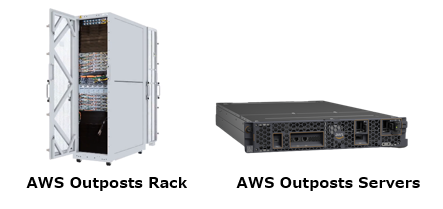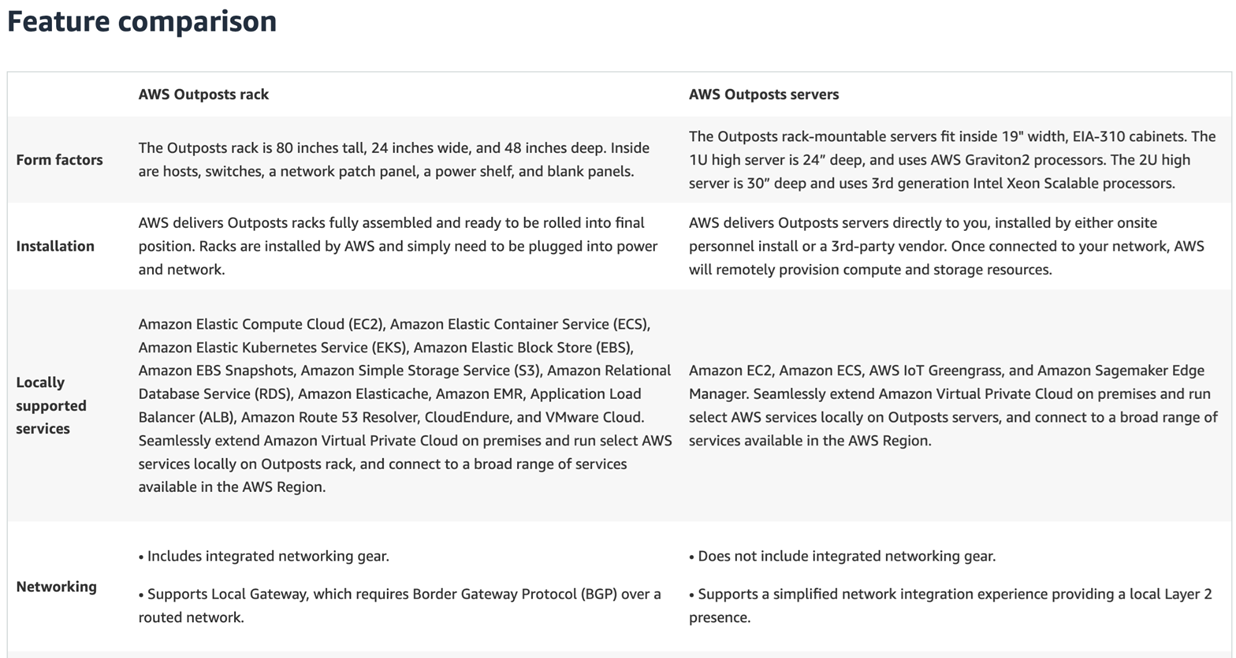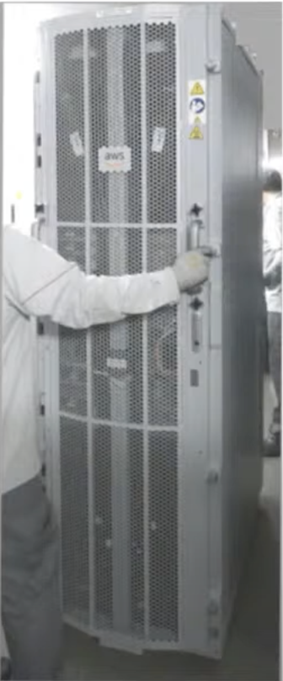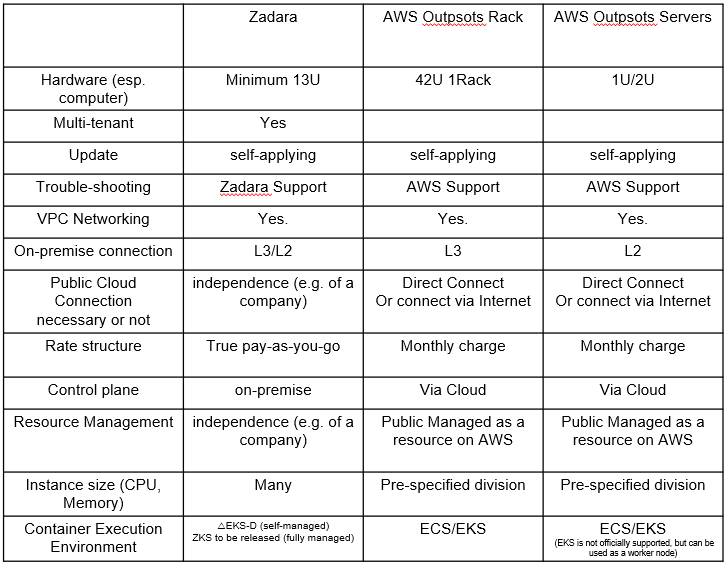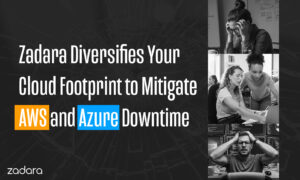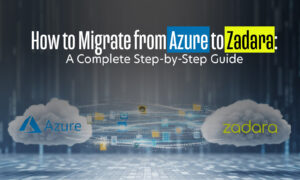Zadara vs AWS Outposts:
Which Fits Enterprise Data Sovereignty?
As regulatory frameworks such as GDPR, data localization laws, and industry-specific compliance standards continue to evolve, enterprises face mounting pressure to maintain complete control over where their data resides and how it’s accessed.
The choice between cloud infrastructure solutions can make or break an organization’s ability to meet these stringent requirements. When evaluating Zadara against traditional cloud solutions, enterprises discover significant advantages in data sovereignty control that hybrid alternatives simply cannot match.
This detailed comparison examines how Zadara and AWS Outposts address enterprise data sovereignty needs, revealing why one solution stands out as the clear choice for organizations prioritizing regulatory compliance and data control.
Understanding Enterprise Data Sovereignty Requirements
Implementing effective data sovereignty controls requires careful evaluation of cloud infrastructure capabilities that go beyond basic data residency. Modern data sovereignty frameworks demand solutions that can guarantee not just where data is stored, but also who can access it, how it’s processed, and under which legal jurisdiction it operates.
The challenge becomes particularly acute for enterprises operating in regulated industries or across multiple countries. Financial services firms must comply with banking regulations that require data to remain within specific geographic boundaries. Healthcare organizations need to ensure patient data never crosses jurisdictional lines without proper safeguards. Government agencies and defense contractors face even stricter requirements that prohibit foreign access to sensitive information under any circumstances.
Traditional public cloud solutions often fall short of these requirements because they maintain control planes in centralized locations, create dependencies on external connectivity, and operate under legal frameworks that may conflict with local data protection laws. This gap has created demand for infrastructure solutions that can deliver cloud-like capabilities while maintaining complete local control and compliance with data sovereignty requirements.
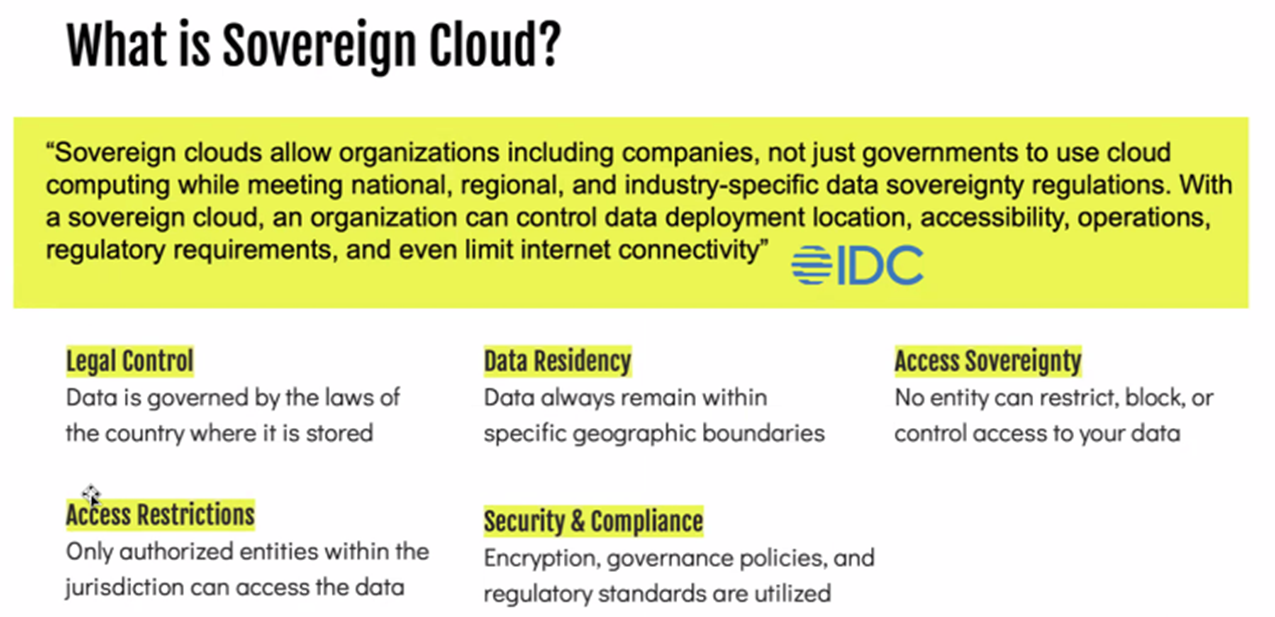
Zadara Edge Cloud: Built for Data Sovereignty
The Zadara platform offers unique capabilities that address enterprise data sovereignty requirements more effectively than hybrid alternatives. Unlike solutions that depend on external cloud connectivity, Zadara operates with complete independence from public cloud providers, ensuring that data sovereignty controls remain intact even during network disruptions or connectivity issues.
Zadara’s approach to data sovereignty centers on what the company calls “sovereignty by design.” This means that local edge cloud providers host data within the jurisdiction of the owning government or public entity, eliminating the risk of cross-border data transfers or foreign access. The architecture ensures that data never leaves the specified geographic boundaries, even for backup, replication, or disaster recovery purposes.
One of the most significant advantages of Zadara for data sovereignty is the company’s technical inability to access customer data. This isn’t just a policy statement – it’s built into the platform’s architecture. Zadara does not have the technical capacity to access customer data and therefore cannot disclose it, even if legally obliged to do so. This provides enterprises with the strongest possible protection against data disclosure requests, government surveillance, or other external access attempts.
The Zadara VPSA (Virtual Private Storage Array) architecture provides dedicated storage resources that enhance data sovereignty compliance through complete tenant isolation. Unlike shared storage systems used by many cloud providers, Zadara VPSA offers dedicated drives per tenant, ensuring that sensitive data never shares physical storage resources with other organizations. This level of isolation is crucial for enterprises in regulated industries where data commingling could create compliance violations.
Zadara’s global presence supports data sovereignty requirements through 550+ edge locations worldwide, allowing enterprises to deploy infrastructure within specific jurisdictions while maintaining consistent management and operational capabilities. This geographic distribution means organizations can meet local data residency requirements without sacrificing performance or functionality.

AWS Outposts: Hybrid Cloud with Limitations
While AWS outposts provide hybrid cloud capabilities, it introduces connectivity dependencies that can compromise data sovereignty for enterprises with strict compliance requirements. The AWS outposts architecture requires constant connection to AWS regions, creating potential compliance challenges that many organizations cannot accept.
The most significant limitation of AWS outposts for data sovereignty is its cloud-dependent control plane. The control plane resides in AWS, meaning it cannot be controlled if the leased line is disconnected. This creates a fundamental dependency that conflicts with true data sovereignty requirements. If the dedicated network connection fails, enterprises lose the ability to manage their infrastructure, potentially violating compliance requirements that mandate continuous local control.
AWS Outposts Rack requires a 1 Gbps or faster dedicated network connection to AWS, which is cited as a major obstacle for edge installations. This connectivity requirement becomes particularly problematic for organizations operating in remote locations, developing markets, or areas with limited network infrastructure. The mandatory connection also creates ongoing operational dependencies that can compromise data sovereignty during network outages or connectivity issues.
Evaluating AWS Outposts data sovereignty capabilities reveals significant limitations for enterprise compliance requirements. The AWS outposts data sovereignty model depends on external cloud connectivity, which may not meet strict regulatory standards that require complete local control and independence from foreign cloud providers.
The billing structure of AWS Outposts also creates challenges for enterprises managing data sovereignty budgets. Fixed monthly fees with basically a 3-year contract eliminate the flexibility that many organizations need when scaling infrastructure to meet changing compliance requirements. The lack of a pay-as-you-go system means enterprises must commit to significant upfront costs without the ability to adjust resources based on actual data sovereignty needs.
AWS Outposts rack is a fully assembled, multi-server rack with integrated networking, designed for larger, more extensive on-premises deployments, while Outposts servers are smaller, rack-mountable 1U and 2U units for sites with limited space or lower capacity needs.
Here is a feature comparison between AWS Outposts rack vs AWS Outpost servers, per https://aws.amazon.com/outposts/?nc1=h_ls:
Head-to-Head Comparison between Zadara and AWS Outposts
The fundamental difference between Zadara and AWS Outposts lies in their approach to control and compliance. Zadara operates with complete independence from public cloud dependencies, while AWS Outposts maintains essential connections to AWS infrastructure that can compromise data sovereignty.
Control Plane Architecture
Zadara maintains its control plane on-premise, ensuring that enterprises retain complete control over their infrastructure regardless of external connectivity. This approach aligns with data sovereignty requirements that mandate local control and independence from foreign cloud providers. In contrast, AWS Outposts operates its control plane via the cloud, creating dependencies that can violate compliance requirements during connectivity disruptions.
Hardware and Maintenance Control
The Zadara approach allows enterprises to have visibility over their hardware infrastructure, supporting compliance requirements that mandate local oversight of physical systems. The management is done by the Zadara Ops teams. AWS Outposts uses a closed rack system where only AWS personnel are responsible for hardware maintenance, potentially creating compliance issues for organizations that require local control over physical infrastructure.
Connectivity Requirements
For organizations prioritizing data sovereignty, Zadara provides technical architecture designed specifically for regulatory compliance without mandatory external connections. The platform is connected to two customers’ switches ensuring that data sovereignty controls remain intact. AWS Outposts’ requirement for 1 Gbps or faster dedicated connectivity to AWS creates ongoing dependencies that may not meet strict regulatory standards.
Instance and Resource Flexibility
Zadara offers customizable VM sizes and flexible resource allocation that can adapt to changing compliance requirements. Organizations can modify instance types, storage configurations, and network settings without external dependencies. AWS Outposts requires instance types to be specified and ordered in advance, with no ability to change configurations after ordering, limiting flexibility for organizations with evolving data sovereignty needs.
Here is a comparison of more features between Zadara, AWS Outposts rack and AWS Outpost servers
Cost Analysis and ROI for Data Sovereignty
When comparing Zadara competitors in the data sovereignty space, few solutions offer the same level of local control and independence while maintaining cost-effectiveness. Zadara’s true pay-as-you-go pricing model provides significant advantages for enterprises managing data sovereignty budgets, with estimated savings of 20-45% compared to AWS solutions.
The cost benefits extend beyond simple pricing comparisons. Zadara eliminates the risk of accidental usage spikes through account limits and predictable billing, preventing the budget overruns that can occur with cloud-dependent solutions. Organizations avoid the hidden costs associated with data egress fees, API access charges, and connectivity requirements that can significantly impact total cost of ownership for AWS Outposts deployments.
The operational cost advantages of Zadara include complete 24/7/365 management with SLAs, eliminating the need for enterprises to maintain specialized staff for infrastructure management. This is particularly valuable for organizations implementing data sovereignty controls, as it ensures expert management of compliance-critical infrastructure without requiring internal expertise in multiple jurisdictions.
Migration and Implementation Considerations
Analysis of Zadara competitors shows that most hybrid cloud solutions lack true data sovereignty capabilities, making migration planning crucial for enterprises with strict compliance requirements. Zadara works with a few Eco-system partners for live migration capabilities, comparable to VMware’s vMotion + DRS, and it provides almost zero-downtime transitions that support continuous compliance during infrastructure changes.
The Zadara platform includes High Availability (HA) feature in VM level that automatically restart VMs on another node in case of failure, and Autoscale Groups service that automatically scales VMs based on load. These capabilities ensure that data sovereignty controls remain intact even during system failures or capacity changes, supporting the continuous compliance that regulatory frameworks require.
Unlike shared storage systems, Zadara VPSA offers tenant isolation that supports strict data sovereignty requirements through dedicated infrastructure resources. This architecture eliminates the compliance risks associated with shared infrastructure while providing the scalability and flexibility that enterprises need for growing data sovereignty requirements.
Conclusion and Recommendations
For enterprises prioritizing data sovereignty, the choice between Zadara and AWS Outposts becomes clear when evaluating actual compliance capabilities rather than marketing claims. Zadara’s sovereignty-by-design architecture, complete independence from public cloud dependencies, and technical inability to access customer data provide the foundation that true data sovereignty requires.
Organizations considering AWS outposts must evaluate whether its cloud-dependent control plane meets their data sovereignty requirements, particularly in light of mandatory connectivity requirements and external dependencies that can compromise compliance during network disruptions. The fixed pricing model and limited flexibility of AWS Outposts also create challenges for enterprises with evolving data sovereignty needs.
The Zadara solution addresses enterprise data sovereignty requirements through proven architecture, global presence in 550+ locations, and operational independence that ensures compliance even in challenging connectivity environments. For organizations where data sovereignty is not negotiable, Zadara provides the technical capabilities, operational flexibility, and cost-effectiveness that enterprise compliance demands.
Enterprises evaluating these solutions should prioritize platforms that can guarantee continuous local control, operate independently of external cloud dependencies, and provide the technical architecture necessary to meet evolving regulatory requirements. In this evaluation, Zadara emerges as the clear choice for organizations where data sovereignty cannot be compromised.

